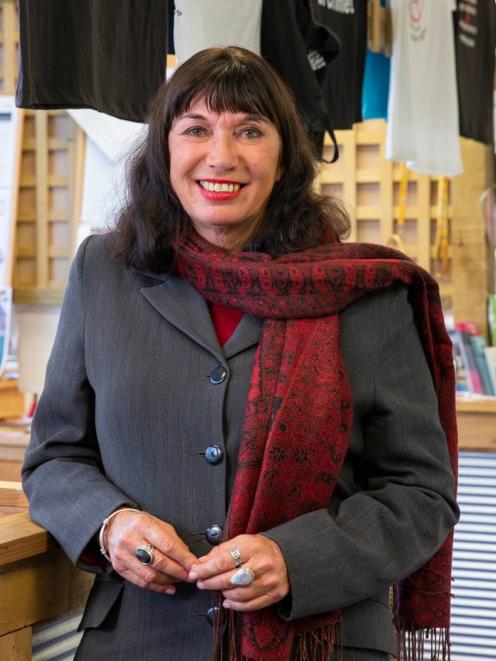
Master of politics student Peyton Bond, who was based in Dunedin but is now studying from her home in the United States, is looking for at least six people who are or who have been involved in sex work in the city to talk about their experiences since decriminalisation in 2003.
Dunedin was an interesting city to study as it was relatively small, had a fairly low number of sex workers and, unlike Christchurch, there had been no "pushback" over the legalisation of prostitution, Ms Bond said via email.
"Looking at a place like Dunedin, where the city council does not attempt to impose bylaws that might operate in opposition to the [Prostitution Reform Act] can set an example for the rest of the world as to how to listen to sex workers about the laws concerning sex work.
"Essentially, I'm hoping to contribute to the already fantastic research done on New Zealand sex work by focusing on a city that hasn't been explicitly studied as such."
All the participants in her study would retain their anonymity.
Before beginning her research she gained approval from the New Zealand Prostitutes' Collective.
NZPC national co-ordinator and sex-worker activist Dame Catherine Healy, who helped draft the 2003 Act decriminalising sex work, said it was hard to estimate the number of sex workers working from Dunedin at any one time.
Workers tended to travel between centres, and one of the reasons for that was the "flexibility that's now there with decriminalisation", she said.
It was a sharp contrast to how things were when she first became involved in the industry 31 years ago, when sex workers were heavily controlled and confined, she said.
Dame Catherine considered decriminalisation had "benefited sex workers enormously".
One example was sex workers feeling more confident and entitled to think "damn it, I'm calling the police" when confronted with a dangerous situation.
However, there were still people who were reluctant to ask for help, because they were afraid of revealing their occupation.
There was still a stigma around sex work in New Zealand, and fraught discussion about "its place in the context of feminism and so on", she said.
Ms Bond was not the only overseas researcher to be interested in the New Zealand model, and a Dutch PhD student had recently released a book after studying the profession in New Zealand, Dame Catherine said.
Ms Bond said she thought decriminalisation was "the first step" to change the public's perception of sex work.
"Whether there are things that can be done more quickly to reduce the stigma is something that I'm hoping to find out from those I'm interviewing."